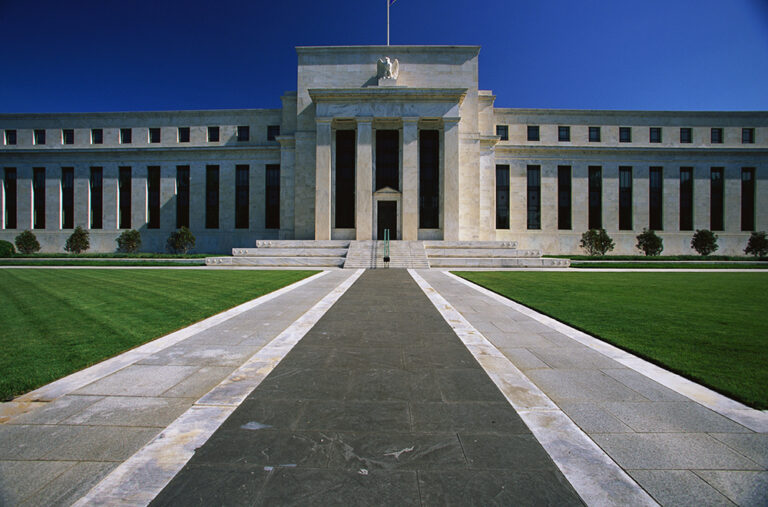Thus far, the national debt has been mentioned in the both the first presidential debate and the only vice presidential debate — but none of the candidates have offered a plan for addressing the nation’s long-term fiscal imbalance. There is plenty of evidence, however, that voters are concerned about the nation’s fiscal health and would like to hear substantive plans from the candidates:
- Voters said that the national debt was the topic they most wanted Hillary Clinton and Donald Trump to address in the first presidential debate, according to an online survey conducted by the Wall Street Journal. The second most popular topic? Taxes—another fiscally policy issue.
- Voters indicated that they would like to see more time in the debates spent on the nation’s budget deficits, when replying to a survey conducted by the Pew Research Center.
- In our survey of registered voters, 91% agreed that the national debt should be a topic in the debates, with clear consensus among Democrats (89%), Independents (91%), and Republicans (95%).
- In the poll conducted for the compilation of this month’s Fiscal Confidence Index, 66% voters say their level of concern about the national debt has increased over the last few years, and 75% want the issue to be among the top three priorities for elected officials.
Thousands of voters have taken the opportunity to tweet at or email the candidates expressing their concern about the nation’s fiscal health, and there’s still time before Sunday’s debate to ask the candidates for a plan. CNN has also placed an open call for debate questions on its Facebook page.
Photo by Darren Hauck/Getty Images
Further Reading
What Are Interest Costs on the National Debt?
Interest costs are on track to become the largest category of spending in the federal budget.
House Reconciliation Bill Would Add Trillions to the National Debt
The bill would increase debt by $3.0 trillion over the next 10 years, driving it from nearly 100 percent of GDP now to 124 percent of GDP by 2034.
House Reconciliation Bill Would Increase the National Debt by More Than Any Other Recent Legislation
The House recently passed the largest reconciliation bill ever. CBO estimates it would add $2.4 trillion (excluding interest) to the national debt over 10 years.


